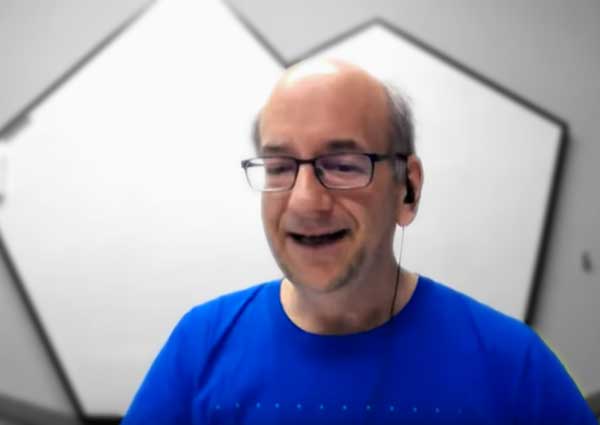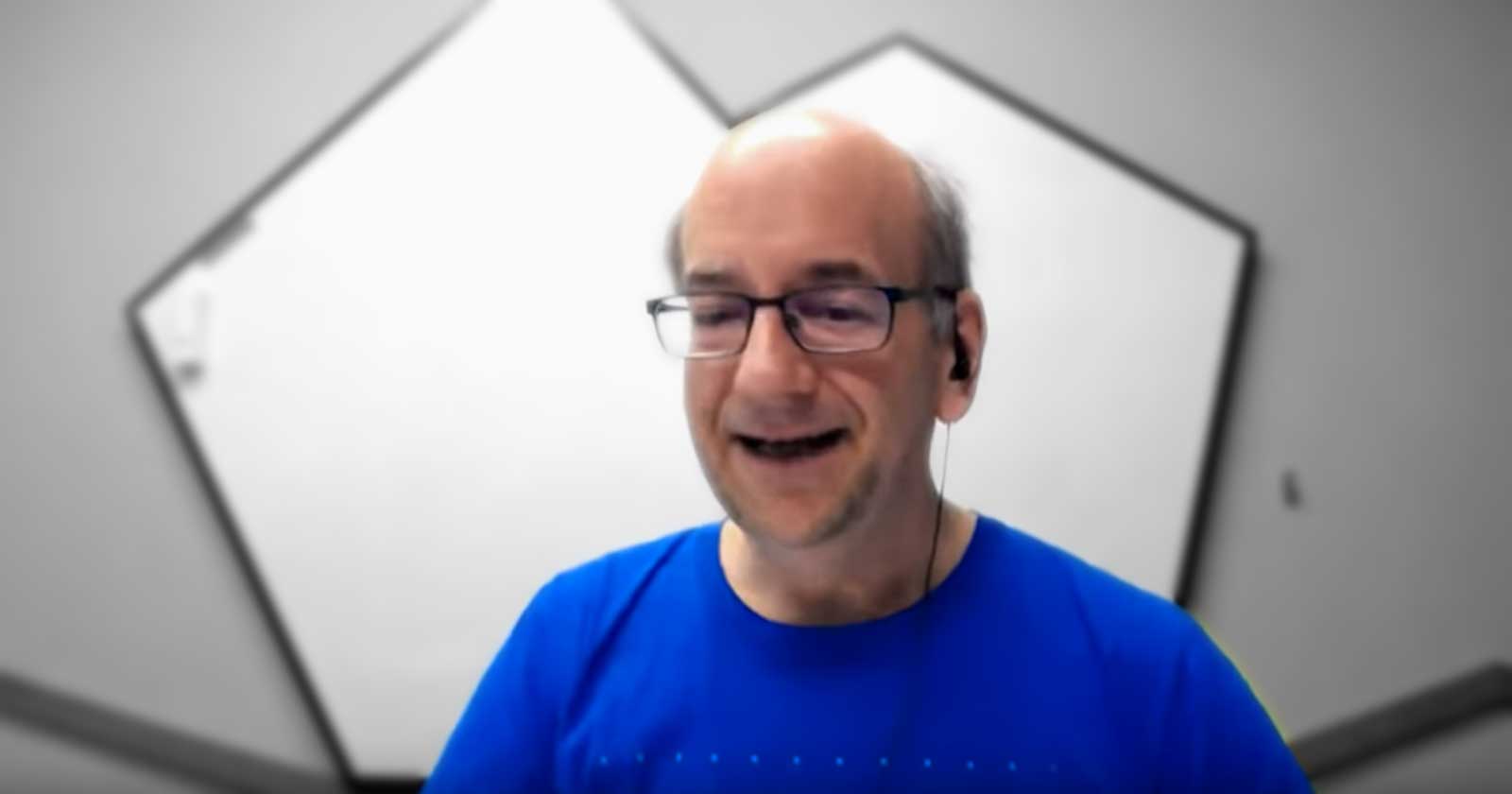On a recent Google Webmaster Hangout, John Mueller gave tips on how to fix a home page ranking for a keyword phrase when an internal page is the better page.
Signals for Web Page to Rank over Home Page
“You said Google’s algorithm doesn’t automatically favor the homepage ranking above other pages. What should we do to let Google know that a blog post for example should be ranking for a certain page term rather than the home page.
If we have a small website, how do we present clear signals to show Google that this blog post is the better page for certain search terms even though the home page probably has most internal links pointing to it?”
This is a problem of a home page outranking an inner page for a search term. This is a strange problem because presumably the home page, particularly on a blog, should feature limited amount of content from the inner pages.
The Power of Custom Content Excerpts
Although the person asking the question didn’t mention how much content from the internal pages is being shown, it could be that the article excerpt used on the home page is from the article itself and possibly too much of it is being used.
Unless a custom excerpt is provided, many themes will automatically display the first few sentences from an article or even the entire article on the home page. This is a setting that you can control in WordPress.
I find that it’s better to create a unique excerpt that describes what the article is about, thereby encouraging the site visitor to click through to the page.
The excerpt can be crafted in the same way a meta description is, (description and a call to action) and you can even use it for your meta description if you like. The role that a custom crafted page excerpt plays for getting a user to visit a page is similar to that of the meta description.
Google’s John Mueller Explains How to Rank an Internal Page
John offered the following advice for how to rank a web page instead of a home page:
“The best thing that you can do in a case like this is to make sure that you really have that content covered well on those blog posts and maybe have it a little bit clearer on the home page that this page is not about that content.”
 Google’s John Mueller explains how to rank web pages.
Google’s John Mueller explains how to rank web pages.In general, the home page should not be ranking for a very specific keyword phrase. If it does then that could mean that the home page is lacking in focus.
John Mueller’s advice on making it clearer what the home page is about is good advice. The home page should in most cases be optimized for what the entire site is about.
So if your site is about widgets, then the home page should be optimized to communicate that you sell all kinds of widgets. If the content is about a local industry, then the home page should clearly say it’s a Mexican Restaurant, that it’s a plumber in the San Francisco Bay Area, etc. Then let the inner pages carry the burden for menu in the case of a restaurant and garbage disposals in the case of a plumber.
John Mueller on How Internal Linking Helps Pages Rank
John Mueller went on to explain best practices for internal anchor text to help web pages rank. Anchor text are the words you use when you link from one page to another, what the user clicks on (like, click here).
“You mentioned internal linking, that’s really important. The context we pick up from internal linking is really important to us… with that kind of the anchor text, that text around the links that you’re giving to those blog posts within your content. That’s really important to us.”
What that means is, rather than use non-descriptive words like “more info” or “read more,” it is better to use anchor text that is meaningful, that uses words that describe what the content is about.
Of course, that’s hard to do in the context of a blog home page. But it can be done from within the content of other pages.
Then he discussed the value of standard SEO practices such as titles and headings:
“Additionally, of course the content, like I mentioned is really important. So, making sure you have clear titles on those pages, you use clear headings, you could structure content in a way that’s easily readable that’s in a way that is really clear that this is about this topic without… resorting to keyword stuffing.
…be reasonable about… putting keywords on your pages. Write your pages in a way that they would work well for users rather than in a way that you think search engines might pick that up.”
John Mueller then reiterated that repeating keywords “in all variations” is a 20 year old spam method that is outdated so don’t try it.
What About External Links?
Google is about ranking specific pages for a search query. Search queries that are specific about size or color tend to return product pages that are specific about size or color. Google seems to prefer ranking pages for detailed phrases, not home pages.
If a home page is ranking instead of the inner page, then that could be a symptom that the site does not have enough useful links overall and that a majority of the links tend to go to the home page instead of inner pages.
In my opinion, a weak link profile could work against inner pages to rank. But the other factors discussed above related to the proper use of excerpts, good site architecture and a clear focus of what the home page is about can overcome a disadvantage from a weak link profile.
Watch Google’s John Mueller answer how to rank an inner page.
Images by Shutterstock, Modified by Author
Screenshots by Author, Modified by Author





![AI Overviews: We Reverse-Engineered Them So You Don't Have To [+ What You Need To Do Next]](https://www.searchenginejournal.com/wp-content/uploads/2025/04/sidebar1x-455.png)